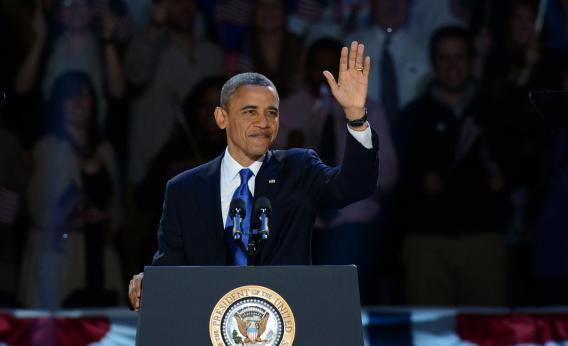The ink is not yet dry on the election returns, and the chattering class have come to an agreement that the dreaded fiscal cliff must be confronted—now! No delay, do not pass go, go directly to grand bargain. Whenever public opinion is so uniform, my instinct is to pause and reflect.
The fiscal cliff is a real threat: Sequestered cuts of $109 billion and automatic tax hikes of $536 billion could seriously dent our nascent economic recovery. Doing nothing in the long term would be horrendous. But doing nothing in the next seven weeks has advantages. The president has said that the Bush tax cuts on the wealthy cannot be renewed as part of a grand bargain. He is right for both economic and ethical reasons. Tax rates for the wealthy should revert to Clinton-era levels both because it is necessary for long-term deficit reduction and because fairness dictates it. Moreover, there is no proof that higher marginal rates dissuade investment, all the rhetoric from the right notwithstanding. If we wait until Jan. 1 to act, the Bush tax cuts expire, meaning rates for the middle class and wealthy revert to Clinton-era levels, and the president can send the new Congress a tax bill that cuts middle class tax rates—and incorporates other elements of an answer to the fiscal cliff—but simply ignores tax rates on the wealthy and hence leaves them at Clinton-era levels.
Doing nothing till after Jan. 1 gives the president what he wants—and what he has pledged to do. The president gains all the leverage by waiting. Before Jan. 1, the deal the president wants requires that he and Democrats appear to support a tax increase on some. After Jan. 1, the package the president wants requires the Republicans to oppose a tax cut for the middle class, and the president merely to oppose a tax cut for the wealthy.
Usually waiting and delay are the enemy of progress. In this instance, they may be the friend.
